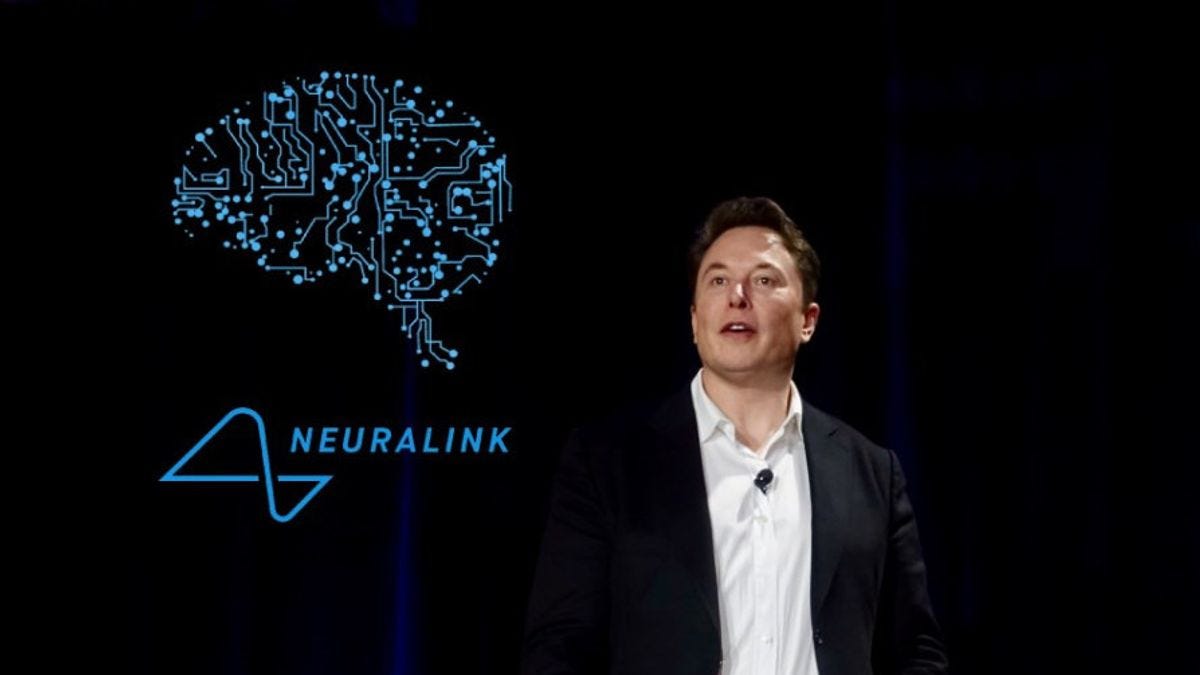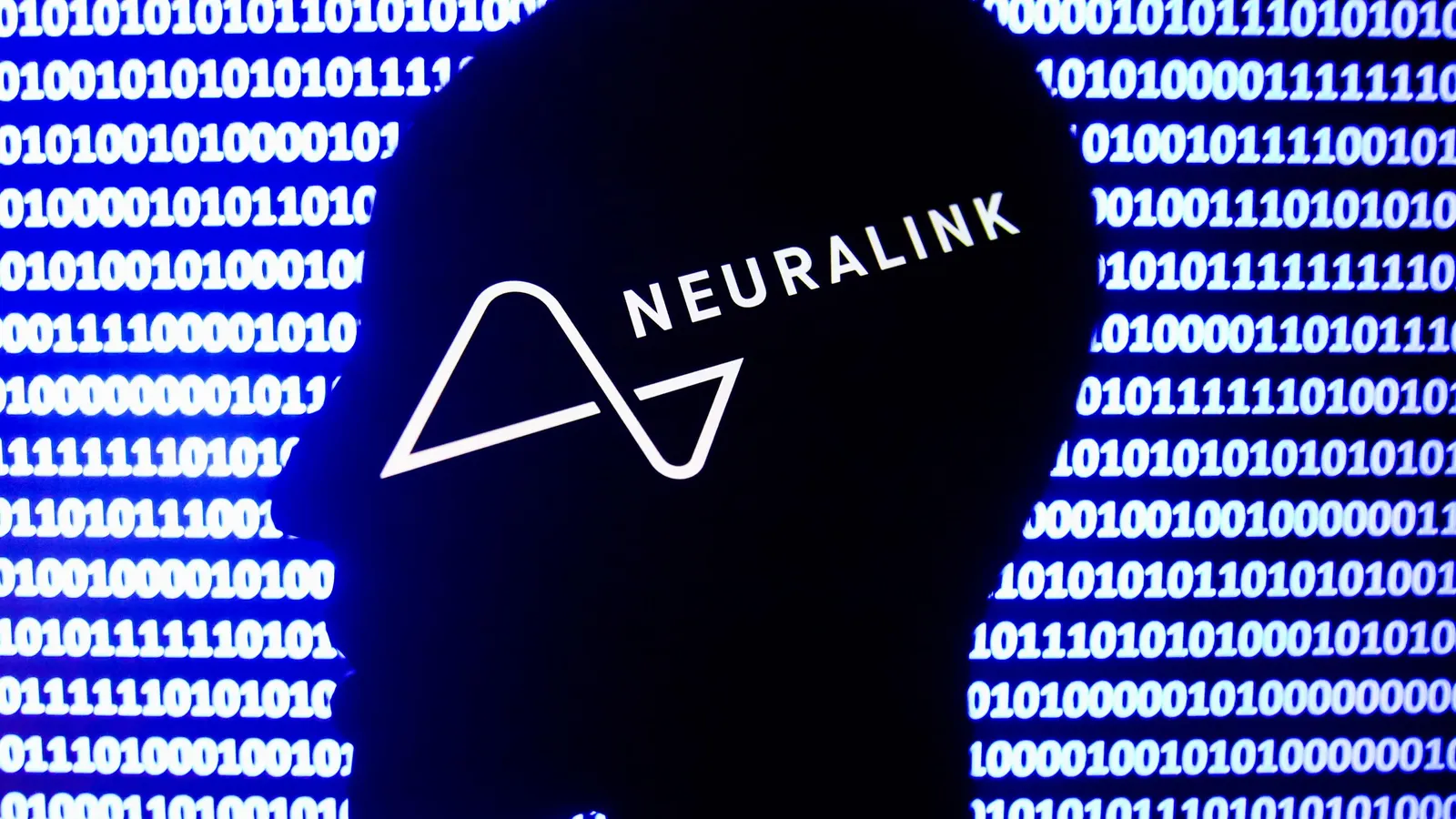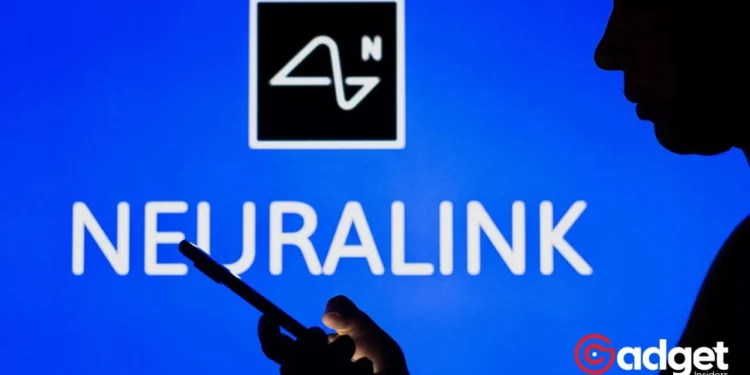In an unexpected turn of events, the innovative brain implant company Neuralink, spearheaded by Elon Musk, has come under the spotlight not for its breakthrough technology but for concerns raised by the US Food and Drug Administration (FDA). A recent inspection has unveiled issues with the company’s animal laboratory practices, casting a shadow over its otherwise stellar ascent in the realm of medical technology.

A Closer Look at the Inspection Findings
The FDA’s scrutiny followed closely on the heels of Neuralink’s announcement that it had received the green light to begin human trials for its brain implants, designed to aid patients paralyzed by conditions such as spinal cord injuries or amyotrophic lateral sclerosis (ALS).
However, the enthusiasm was tempered when inspectors identified significant lapses in record-keeping and quality control at Neuralink’s California animal research facility. This discovery was particularly poignant given that a parallel inspection at the company’s Texas facility reported no such issues.
These inspections, which are the only ones on record for Neuralink’s facilities, took place over ten days in June of the previous year. The findings were made available to Reuters by Redica Systems, a data analytics company that specializes in obtaining FDA compliance reports.
Jerry L. Chapman, a senior quality expert with Redica Systems, pointed out, “These issues show a lack of attention to detail,” highlighting missing calibration records for critical instruments used in the studies. This lack of diligence in documentation and quality assurance raises questions about the company’s preparedness for its much-anticipated human trials.
📣 JUST IN: FDA Cites Musk's Neuralink for Issues in Animal Testing Lab $TSLA
👉 Key Highlights:
📍 FDA inspectors find record-keeping and quality control issues at Neuralink's animal lab in California.
📍 Neuralink's Texas facility passes inspection without findings.
— Hardik Shah (@AIStockSavvy) February 29, 2024
Neuralink: The Implications of the Findings
The issues at Neuralink’s lab are not just minor administrative hiccups; they underscore deeper concerns about the company’s commitment to regulatory and ethical standards. “This certainly is a signal that the company needs to be vigilant about certain practices,” Chapman added, stressing the importance of such diligence as the company moves towards testing on humans.

Despite the setbacks, the FDA’s response to the inspection has been measured. According to Carly Pflaum, an FDA spokesperson, Neuralink “provided sufficient information to support the approval” of its application for human trials.
The agency emphasized its routine practice of conducting inspections to ensure data integrity and regulatory compliance, assuring ongoing monitoring of the safety of those enrolled in Neuralink’s study.
However, the revelation of these problems has prompted calls for greater oversight. Ryan Merkley, director of research advocacy at the animal welfare group PCRM, argued that the FDA should have conducted its inspection before approving human trials, especially in light of previous concerns raised by his organization.
Victor Krauthamer, a former FDA official with extensive experience in reviewing human trial requests for brain implants, echoed this sentiment. He suggested that preemptive inspections could have mitigated the risk of repeating these fundamental violations in the more critical context of human trials.

Moving Forward with Caution
As Neuralink progresses with its pioneering work, the company faces a pivotal moment. The challenges highlighted by the FDA inspection serve as a reminder of the importance of rigorous quality control and ethical standards in the development of medical technologies.
With the world watching, Neuralink’s response to these issues will be critical in maintaining trust and ensuring the safety and efficacy of its groundbreaking brain implants.
In the realm of medical innovation, where the potential to change lives hangs in the balance, the lessons learned from Neuralink’s experience underscore the necessity of balancing rapid advancement with unwavering commitment to ethical practices and regulatory compliance.
As the company moves forward, the global community remains hopeful for the success of its mission, tempered by the expectation of rigorous oversight to safeguard the future of medical technology.










